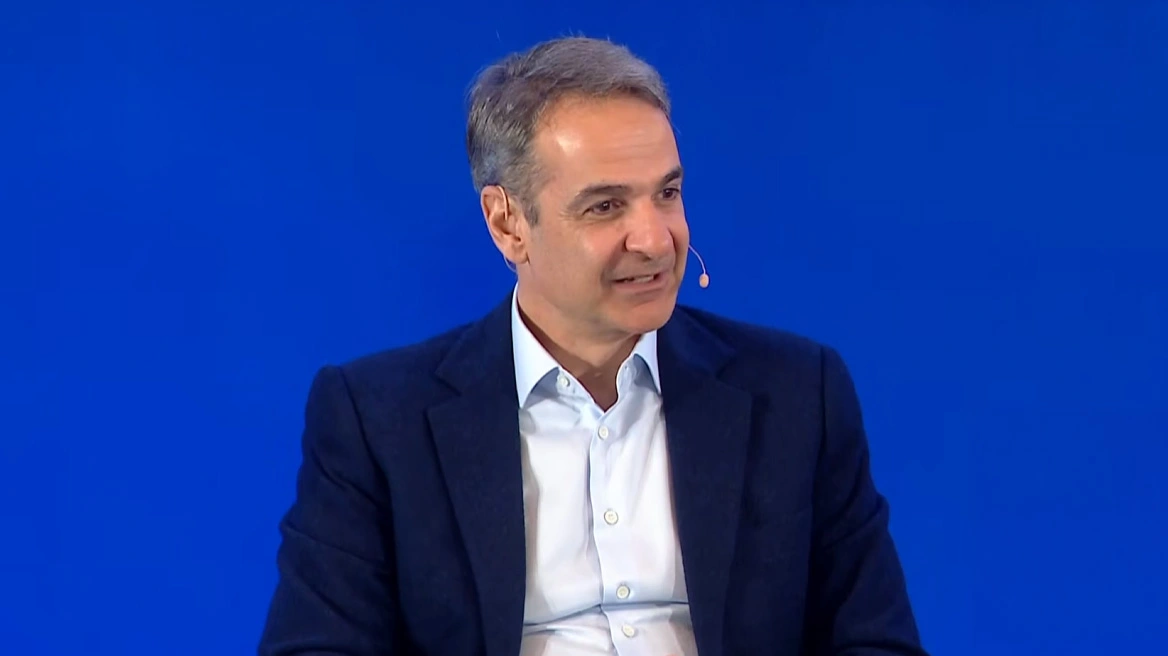The United States military started installing a controversial antimissile defense system in South Korea overnight Tuesday, triggering protests and sparking criticism that it was rushing to get the battery in place before the likely election of a president who opposes it.
The sudden and unannounced move came only six days after the U.S. military command in South Korea secured the land to deploy the system, known as the Terminal High Altitude Area Defense, or THAAD.
Moon Jae-in, a liberal candidate who has a strong lead in polls ahead of a May 9 presidential election, has promised to review South Korea’s decision to host the antimissile battery.
“There’s a sense in Seoul that THAAD deployment has been rushed based on the timetable of South Korea’s presidential election, rather than North Korea’s threats,” said John Delury, a professor of international relations at Yonsei University in Seoul.
“To some extent, the acceleration of THAAD deployment has ‘worked,’ limiting the next South Korean leader’s room for maneuver,” Delury said. “But there’s the danger of a backlash among the South Korean public feeling like a pawn in the game of ‘America First.’ ”
In Washington, Adm. Harry Harris, head of Pacific Command, acknowledged Wednesday that China has attempted to pressure the government in Seoul not to deploy THAAD, and he criticized that effort.
“I find it preposterous that China would try to influence South Korea to not get a weapon’s system that’s completely defensive against the very country that’s allied with China,” Harris said, in testimony before the House Armed Services Committee.
The U.S. military command here in Seoul said the moves were in line with its announcement in July that THAAD would be deployed as soon as possible.
“Last night’s action was necessary to swiftly deliver an additional layer of defense to South Korea against the growing North Korean missile threat,” said Elise Van Pool, a spokeswoman for the command.
The timing was due to public safety, she said. “The movement of the equipment entailed large convoys. In the interest of public safety and to ensure minimal impact on the local community, this movement was conducted at night,” she said.
But South Korea’s Defense Ministry said the two countries have been working “to secure the swift operational capability of the THAAD system against North Korea’s nuclear and missile threat.”
“South Korea’s military plans to secure full capability of the THAAD system operation within the year,” the ministry said in a statement.
A spokesman for Moon, the Democratic Party of Korea’s candidate for president, criticized the sudden moves overnight.
“Moon Jae-in has been consistent in his position on the THAAD deployment: that it must be decided by the next administration after enough public discussion and by national consensus,” Park Kwang-on said in a statement.
“Any deployment that completely ignores appropriate processes must be suspended now, and the final decision should be made after consultation between South Korea and the U.S.,” he said.
Moon has a solid 10-point lead over his closest rival in the most recent polls, and political scientists expect him to be South Korea’s next president, barring any dramatic developments.
After equivocating for years, the South Korean government — led by then-President Park Geun-hye — decided last July to allow the deployment of the system to guard against the North Korean threat.
Each THAAD battery includes at least six truck-mounted launchers that carry up to eight missiles each. They are designed to shoot down enemy ballistic missiles like the ones that North Korea has been launching at a steady clip.
North Korea itself has bolstered the case for the system by test-firing dozens of missiles over the last year, all of them capable of hitting South Korea.
Wednesday’s moves to install the battery come at a particularly tense time on the peninsula. The United States is moving warships to the region and warning that “all options are on the table,” while North Korea is vowing to counter any American strike and conducting large-scale military drills Tuesday.
Beijing has vehemently protested the deployment, apparently concerned that the system’s powerful radar could be used to keep tabs on China, and it has imposed painful economic boycotts on South Korean companies in response.
“The deployment of THAAD in South Korea will destroy the strategic balance in the region and bring about a further increase in tensions,” Geng Shuang, a spokesman for China’s Foreign Ministry, told reporters Wednesday in Beijing. “The Chinese side strongly urges the U.S. and South Korea to cancel the deployment and withdraw the equipment.”
Residents in the Seongju area, where the battery will be deployed, have also been protesting, worried that the system’s presence will make them a target for North Korea’s missiles.
According to local reports, six trailers carrying the X-band radar, mobile launchers and other parts of the system were seen entering the site about midnight.
A group of residents protested the move and tried to stop the equipment from being taken onto the site, clashing with police, the Yonhap News Agency reported from Seongju, in the southeast of South Korea.
They waved placards saying “No THAAD, No War” and “Hey, U.S.! Are you friends or occupying troops?”
“Police let THAAD equipment pass through [protesters] by repressing them,” Kang Hyun-wook, a religious leader who was leading the protest, told Yonhap.
The THAAD deployment is illegal and should be nullified.”
Ask me anything
Explore related questions





